UK Government Confirms Aesthetics Licensing Scheme
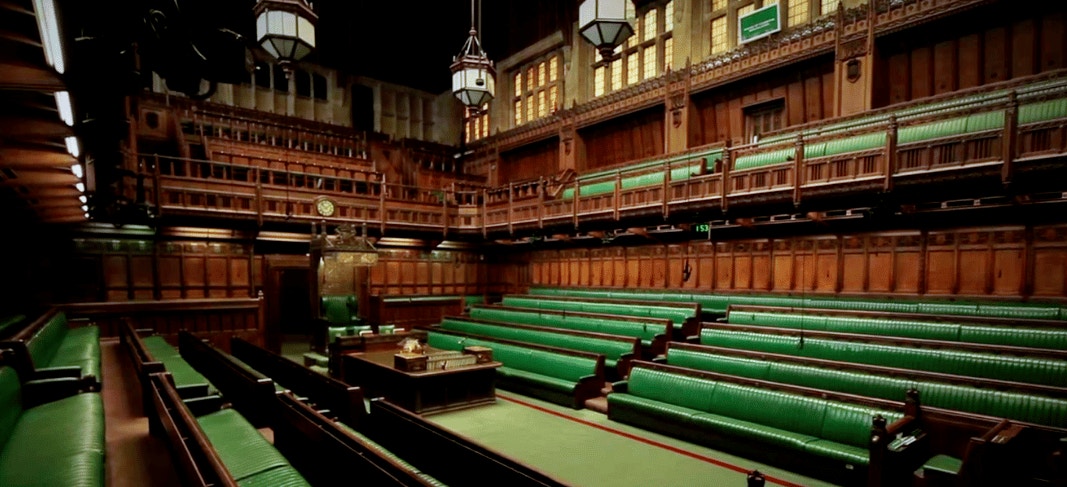
The UK government has confirmed that the aesthetics licensing scheme for England, that so many have campaigned for, will go ahead.
Maria Caulfield, Parliamentary Under-Secretary of State for Mental Health and Women’s Health Strategy, advised that “departmental officials will work as quickly as possible to introduce the licensing scheme and will consider all the important areas.”
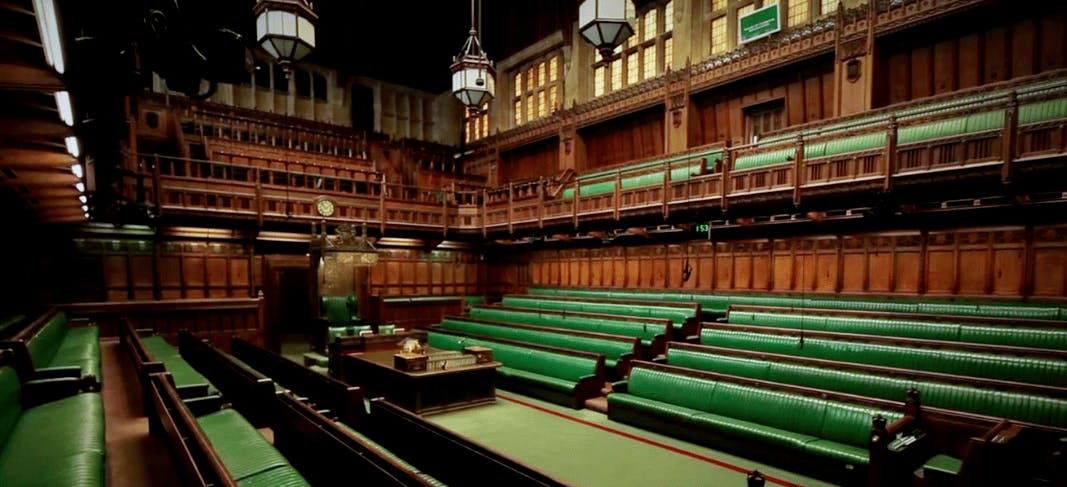
“Committed to the licensing of the non-surgical aesthetics sector”
Her statement follows a joint letter submitted to the Department of Health and Social Care on behalf of the aesthetics industry. This came from the Joint Council of Cosmetic Practitioners (JCCP), the British Beauty Council, and the Chartered Institute for Environmental Health (CIEH).
In response, the UK Government “committed to the licensing of the non-surgical aesthetics sector in England,” according to a JCCP statement.
This press release, dated 30 January 2023, advises that they received a response to their letter, “outlining how the department is designing and implementing a new system of licensing for the non-surgical cosmetic industry. This comes after the Government made its initial commitment in March 2022 to bring forward future regulation to protect patient safety by making it an offence for someone to perform these cosmetic procedures without a licence.”
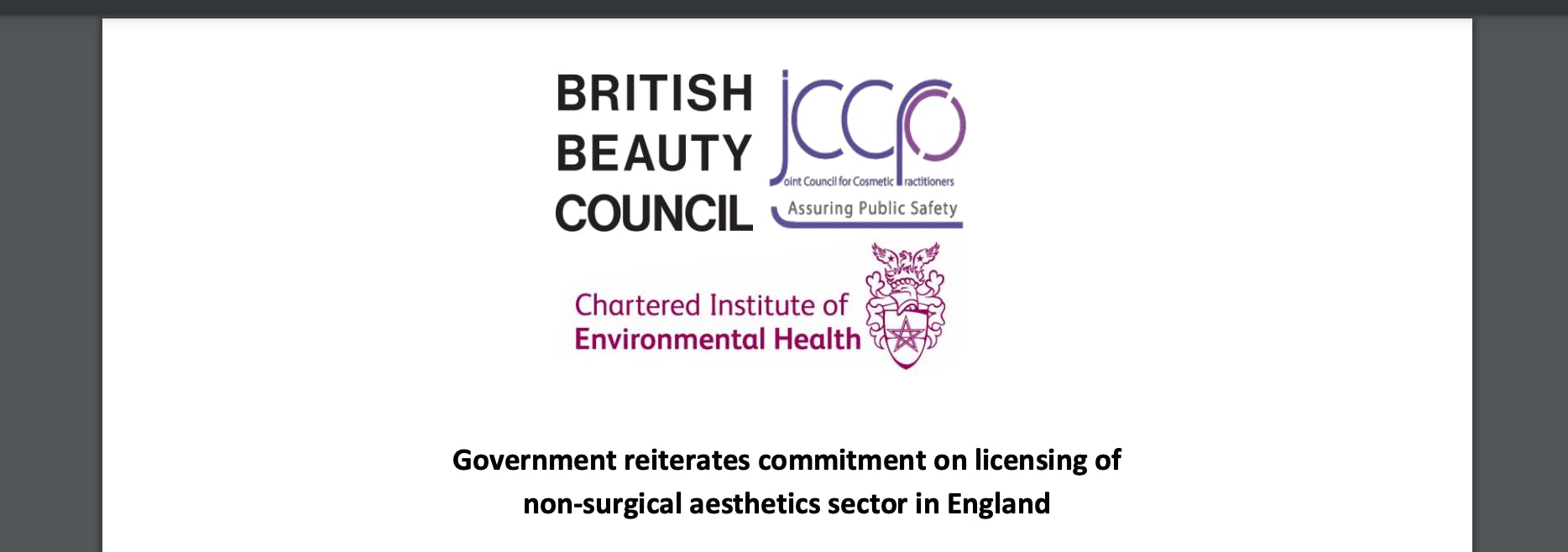
Areas of consideration for new aesthetics licensing proposals
As we’ve previously reported, new aesthetics licensing schemes are likely to contain at least two parts. One to cover the practitioner and their treatments, and one to cover their premises.
The JCCP, British Beauty Council and CIEH set out a number of points they wish the government to address through this legislation.
- “The design and implementation of a national licensing scheme for all premises where licenced procedures are conducted as well as practitioners of non-surgical cosmetic procedures to ensure that all those who practise invasive procedures are competent and safe for members of the public (as proposed in Paragraph/Clause 180 of the Health and Care Act, 2022).”
- “A requirement for all practitioners to hold adequate medical insurance in order to provide non-surgical cosmetic procedures.”
- “The development of official guidance on the training and qualification expectations for all practitioners, including knowledge and application of infection controls and first aid training.”
- “The development of a system for the effective recording of adverse incidents and public awareness raising to ensure that all cases that go wrong can be tracked and improvements to safety made as a result. Members of the public need better tools and knowledge in order to protect themselves.”
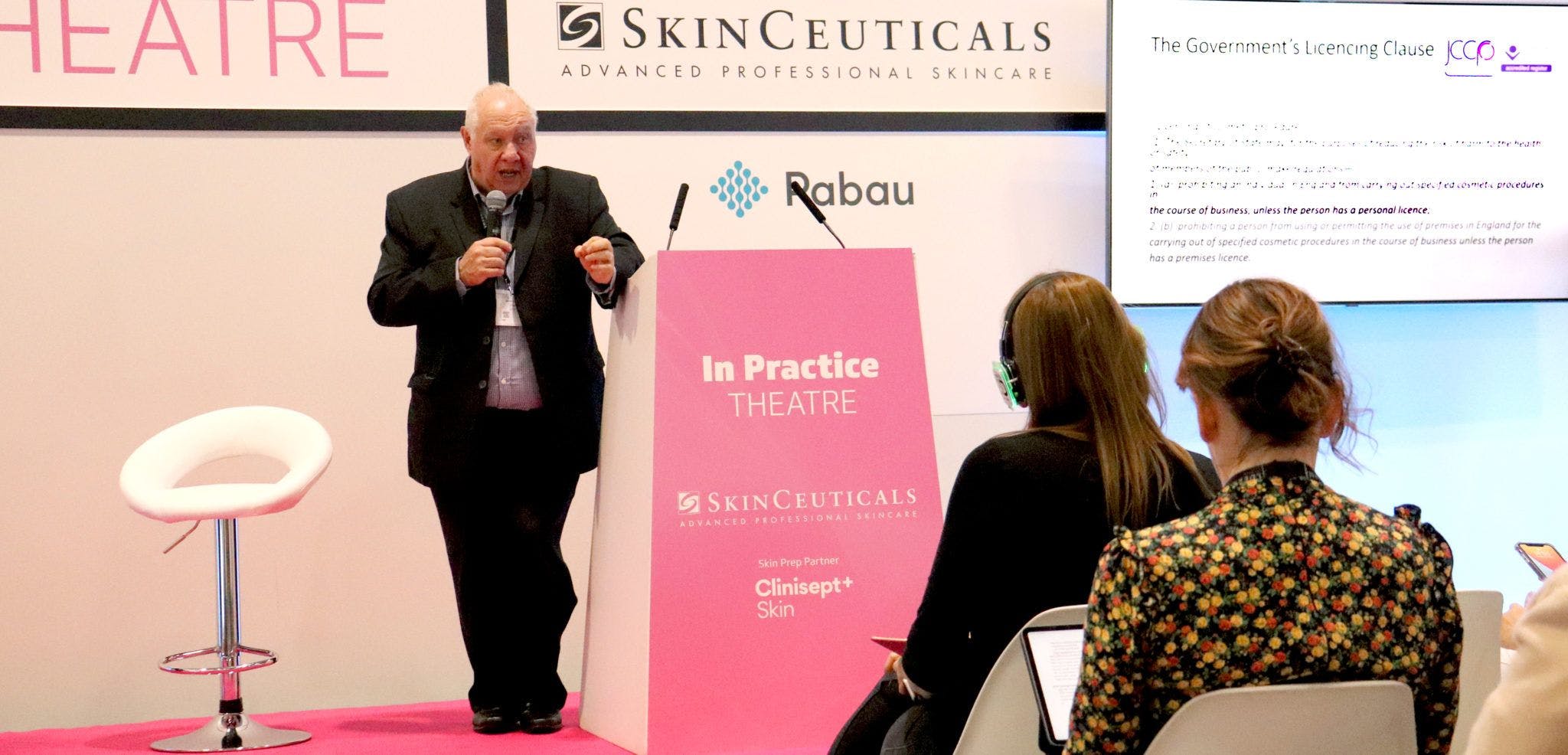
Timeline for introducing licenses for aesthetics practitioners and their premises
Whilst nothing has been confirmed yet, in terms of timelines for introducing these licenses, it sounds as if the process is being expedited.
The JCCP report, “Minister Caulfield set out the Government’s plans for ensuring standards for adequate training, insurance, first aid, and premises in her reply. She also affirmed the development of future licensing to suit the ever-developing industry, saying: ‘We know this is a fast-moving sector, and officials will consider how best to future-proof the regulations so that new and emerging treatments are captured by the scheme.’”
JCCP representatives believe that the Government will “outline its timetable for the implementation of the new licensing scheme in England within the coming weeks as part of its wider response to the Health and Social Care Committee’s Inquiry Report on body image”.
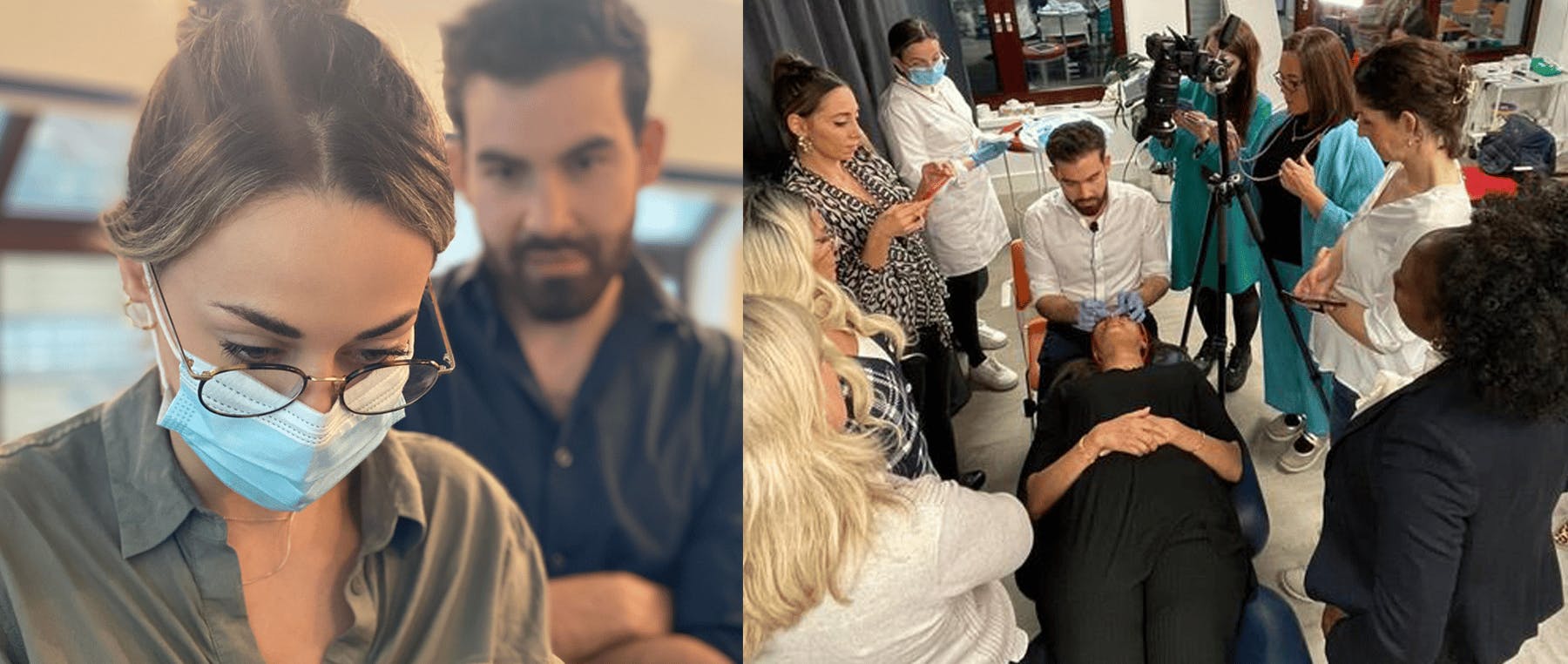
Setting minimum education and qualification standards for injectors in England
Harley Academy founder, and creator of the Level 7 in Injectables, Dr Tristan Mehta had this to say about the news.
“This is big news! The aesthetics industry has been waiting for this for a long time and it’s great to see this commitment to progress – especially swift progress.
“How swift it can be does remain to be seen, however. The licensing of the premises on which injectables are practised should be a fairly straightforward process. Introducing licenses for aesthetics practitioners is likely to be more difficult, though. After all, a minimum standard of practice needs to be decided upon. There needs to be a bar for injectors to attain in order to be awarded a licence, alongside various other criteria, such as holding the appropriate insurance.
“The Level 7 in injectables has long been spoken about in terms of being the best aesthetics qualification to safeguard medical aesthetics practitioners, in this respect. This has not been confirmed as the standard, however. The Level 7 was originally mapped to the Health Education England guidelines, which has now been inherited by the JCCP. That’s why many people have spoken about it seeming the obvious choice. Like I say though, nothing has been confirmed and we wait to see what the consultation process concludes here, as well as how they plan to tackle the issue of non-healthcare professionals – who are not eligible to undertake the Level 7 – administering cosmetic injectables.
“All in all, this is tremendous news and we very much look forward to an update and helping our industry to drive up standards in both education and patient safety.”
All information correct at the time of publication.
Download our full prospectus
Browse all our injectables, dermal fillers and cosmetic dermatology courses in one document
By submitting this form, you agree to receive marketing about our products, events, promotions and exclusive content. Consent is not a condition of purchase, and no purchase is necessary. Message frequency varies. View our Privacy Policy and Terms & Conditions
Attend our FREE open evening
If you're not sure which course is right for you, let us help
Join us online or in-person at our free open evening to learn more
Our Partners














STAY INFORMED
Sign up to receive industry news, careers advice, special offers and information on Harley Academy courses and services

